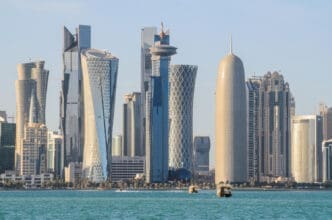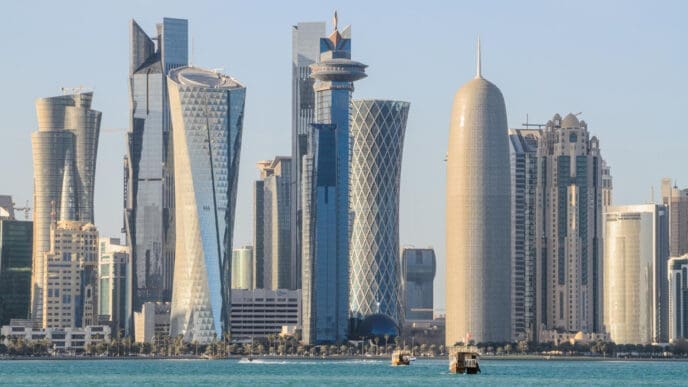Communities across Canada are experiencing significant changes that are influencing both their cultural fabric and local economies. In Nelson, a town nestled between a mountain and Kootenay Lake in southeastern British Columbia, the influx of new residents from larger cities like Toronto, Vancouver, and Calgary is visibly altering its landscape. The presence of luxury cars and high-end retail options, such as stainless-steel appliances and marble countertops, contrasts with longstanding independent stores that sell unique local goods like hemp clothing and crystals.
Fred Rosenberg, the town’s unofficial photographer, has been capturing Nelson’s evolution with his Leica camera for over forty years. At 79, he reflects on whether the town’s progressive spirit is fading amid these changes. Rosenberg and many others came to this region during the Vietnam War era to escape America’s tumultuous social climate and have since been integral to Nelson’s community ethos.
The shift in demographic and economic dynamics is underscored by rising real estate prices. Properties that were once affordable are now commanding high prices, with Rosenberg’s own residence potentially prompting a move to Vancouver Island due to increased costs. This trend is fueled by tourists drawn to the area’s natural beauty and skiing opportunities, with many choosing to stay permanently.
Despite these shifts, the cultural and social influences of those who settled in Nelson decades ago remain evident. The town’s vibrant arts scene, the presence of Canada’s oldest rural women’s health centre, and the successful Kootenay Co-Op testify to the enduring impact of the draft dodgers, hippies, and activists who sought a new beginning here.
These long-time residents still harbor concerns about political developments in the United States, particularly the rise of authoritarianism and the policies under President Donald Trump. Their political influence is evident in the strong support for the NDP, though the party faces challenges in regions like Cranbrook, which traditionally favor the Conservatives.
Among the settlers was Bob Inwood, an illustrator who arrived in 1970 and contributed to the preservation of Nelson’s architectural heritage. He, like many others, was motivated by a desire to escape the political unrest and violence he experienced in America during the Vietnam War protests.
Nelson’s history is intertwined with stories like that of Julie Davis, who helped establish the Flying Hearts Family commune. This communal living arrangement became a hub of counterculture activity and local arts. Today, as property values have skyrocketed, Davis and other early settlers face the reality of selling their land at much higher prices than they once paid.
As Canada prepares for upcoming elections, the shifting dynamics in regions like Nelson reflect broader national conversations about identity, economic sustainability, and political direction. These discussions are echoed in diverse communities across the country, from Nova Scotia to Ontario and beyond, each grappling with their unique challenges and aspirations.












